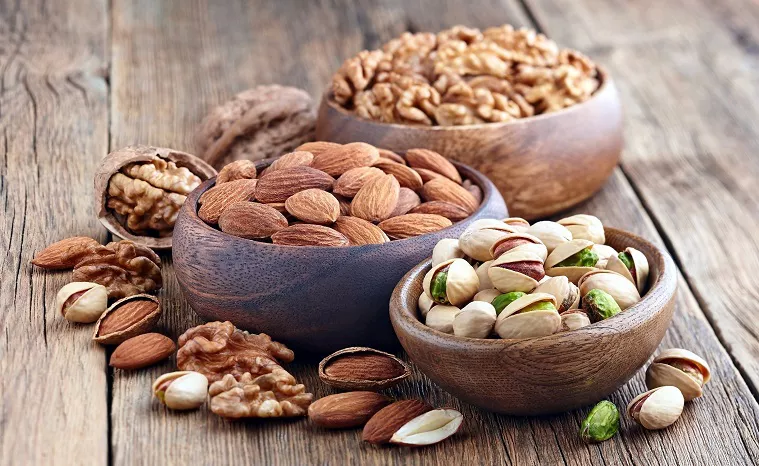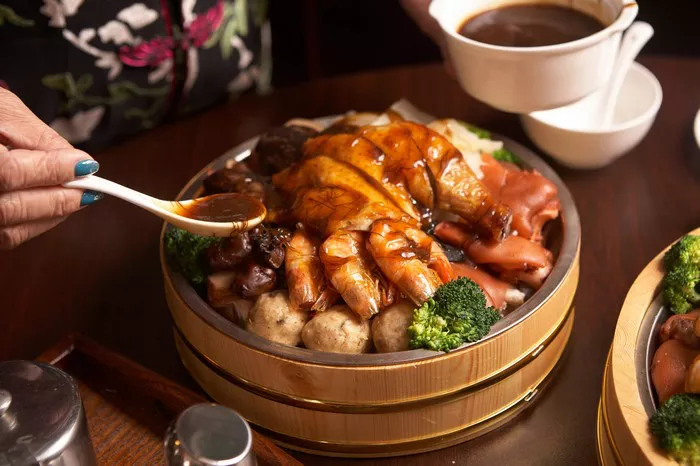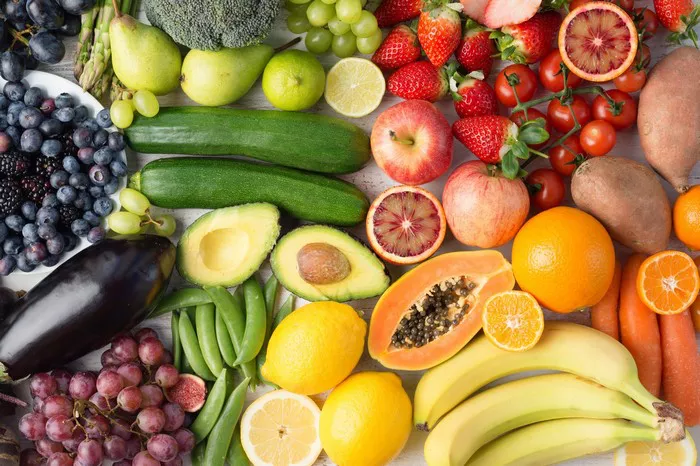Food prices in Nigeria have witnessed a staggering 31% increase over the span of 12 months from July 2022 to July 2023, with Ebonyi and Abia states bearing the brunt of this inflationary trend. These revelations have emerged from a comprehensive analysis of the ‘Selected Food Price Watch,’ a monthly report issued by the National Bureau of Statistics (NBS).
The ‘Selected Food Price Watch’ report scrutinizes the prices of essential food items, including staples such as rice (1kg), beans (1kg), bread (500g), tomatoes, beef, wheat (2kg), garri (1kg), and palm oil (1 bottle).
Among the notable findings in the report, the most pronounced surge was observed in the cost of yam, registering an alarming 42% spike. The price of yam surged from N389.75 in July 2022 to N539.41 in July 2023.
Following closely behind was the price of one kilogram of rice, which saw an uptick from N467.80 to N653.49 over the same 12-month period.
Palm oil, another crucial commodity in Nigerian cuisine, experienced a significant price hike of 35%, escalating from N890.67 to N1208.62 during the reviewed period.
These dramatic increases in food prices, as revealed by the NBS report, are a cause for concern and may have far-reaching implications for consumers and policymakers alike. The surge in food costs underscores the need for a concerted effort to address the factors contributing to this inflationary trend and explore potential solutions to alleviate the economic burden on the populace.






















